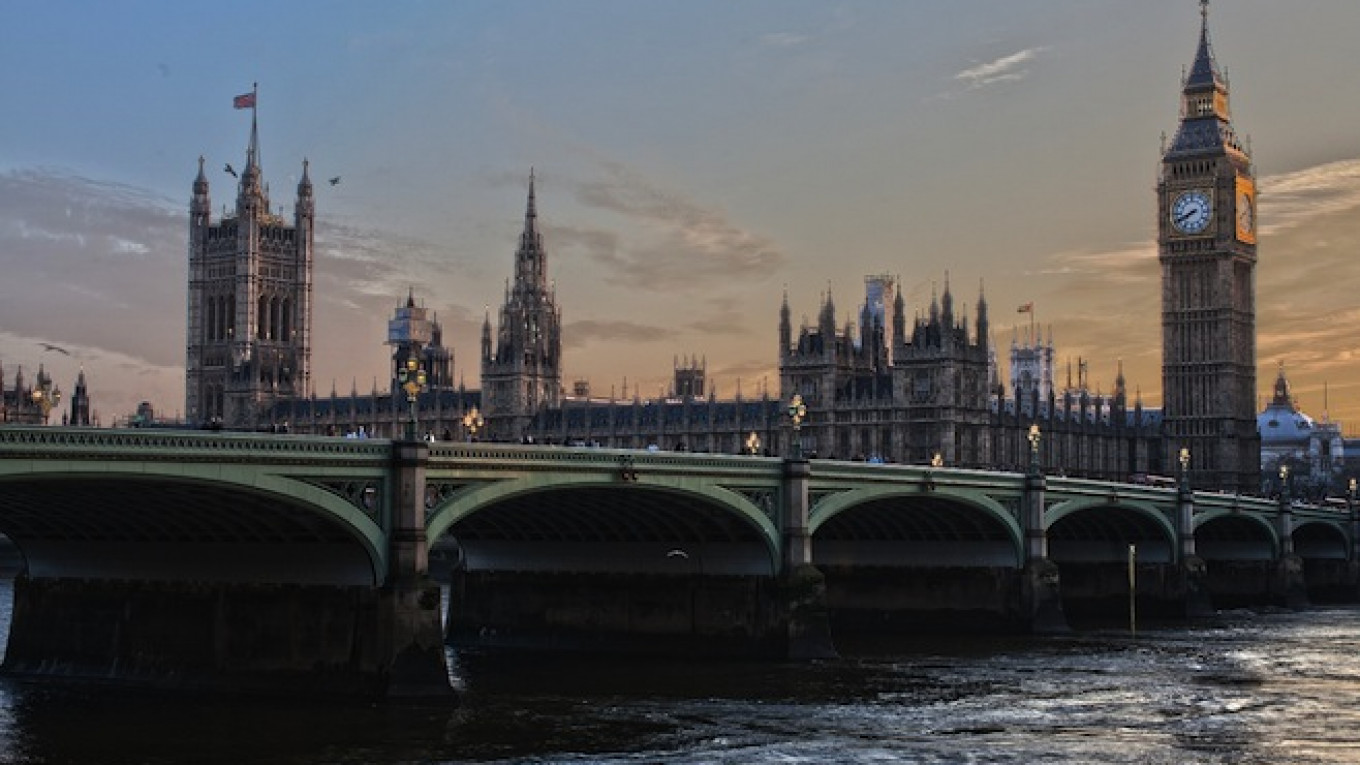Britain is attracting around a billion pounds ($1.5 billion) of capital inflows a month not recorded by official statistics, up to 40 percent probably from Russia, according to a Deutsche Bank study on Tuesday.
Among the reasons behind "net errors and omissions" (NEO) from official data are misreporting by financial institutions, sophisticated tax avoidance and accounting methods, and Britain's perceived "safe-haven" status, the report said.
The total "NEO" inflow into Britain since the mid-1990s is around 133 billion pounds. Some 93 billion pounds of that has come since 2006, with the pace accelerating since 2010 to around 1 billion a month, according to the report.
Its findings are part of a broader study of NEOs across major economies. This "dark matter" represents financial flows that don't show up in official balance of payments data but could have big implications for foreign exchange rates.
"For the first time, we confirm through balance of payments data the popular belief that Russian money has flooded into Britain in recent years," the report said.
"Hidden inflows … raise major questions over Britain's role as a refuge for international capital flight and the need for better data and more rigorous oversight on property transactions," it said.
Oil Prices and Sanctions
The slump in oil prices and Western sanctions over Moscow's perceived role in the conflict in Ukraine have pushed an already-slowing Russian economy into an expected deep recession this year, triggering a rush of money out of the country.
High-end London property is thought to be a major destination for a large chunk of those funds.
Capital flight plays a significant role in NEO balances, particularly in developing markets, the Deutsche report said.
The report's authors find the misreporting of countries' balance of payments data, which cover all financial flows from trade, investment and portfolio flows, is not random but in fact "systematic."
In the case of Sweden, the misreporting of vast capital outflows since the late 1980s is such that statisticians have underestimated the country's foreign wealth by 100 percent, the Deutsche report says.
This means that Sweden may actually be a net creditor to the rest of the world, not a net debtor, it adds.
A Message from The Moscow Times:
Dear readers,
We are facing unprecedented challenges. Russia's Prosecutor General's Office has designated The Moscow Times as an "undesirable" organization, criminalizing our work and putting our staff at risk of prosecution. This follows our earlier unjust labeling as a "foreign agent."
These actions are direct attempts to silence independent journalism in Russia. The authorities claim our work "discredits the decisions of the Russian leadership." We see things differently: we strive to provide accurate, unbiased reporting on Russia.
We, the journalists of The Moscow Times, refuse to be silenced. But to continue our work, we need your help.
Your support, no matter how small, makes a world of difference. If you can, please support us monthly starting from just $2. It's quick to set up, and every contribution makes a significant impact.
By supporting The Moscow Times, you're defending open, independent journalism in the face of repression. Thank you for standing with us.
Remind me later.






